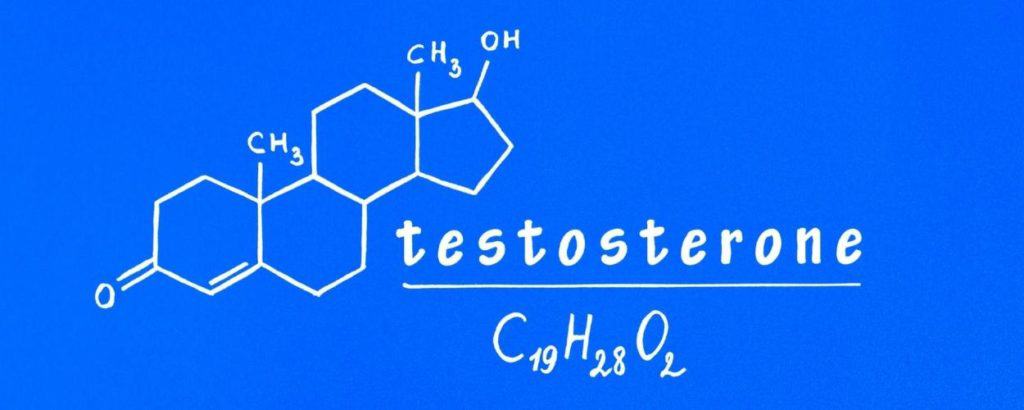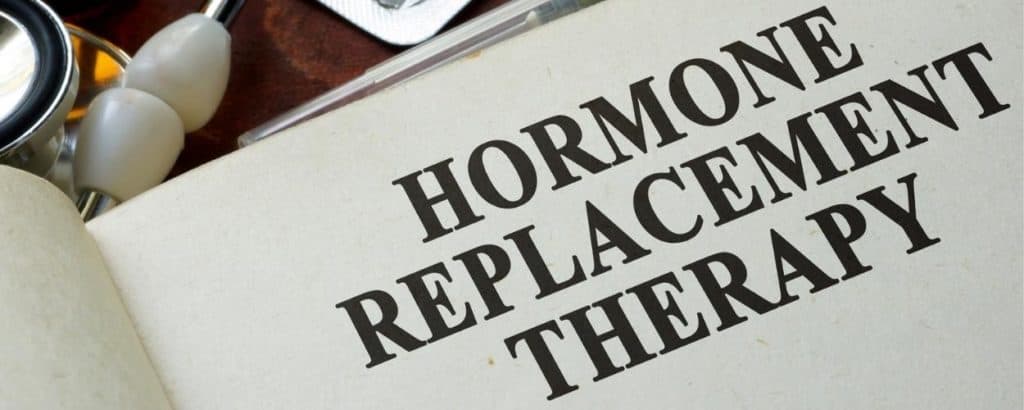
testosterone replacement therapy insurance
does medicaid cover testosterone replacement therapy
Today, more men are realizing that the normal level of free testosterone in males may not be enough to provide adequate energy and libido. Maybe, you don't need Viagra after all.
Always choose the best provider and clinic for your overall health.
So why has testosterone replacement therapy not been as widely adopted by men as it was for females? It is because they have a tradition belief that testosterone therapy will lead to increased cardiovascular disease. This is now a myth. The reduction of testosterone, which results in a decrease of gut fat (called visceral fatty acid), will have protection against cardiovascular disease. A second factor that has made it harder to diagnose low testosterone levels is the widely accepted normal range of testosterone levels. It is astonishing to think of the acceptable levels of testosterone for males between 40 and 50 years old that range from 250 up to 900 testosterone. The wide range of acceptable testosterone levels can mean that even if you have a testosterone level above 250, you might not require testosterone supplements. Problem is, a male with a testosterone score of 800 feels much better than a man with a 250 level.




